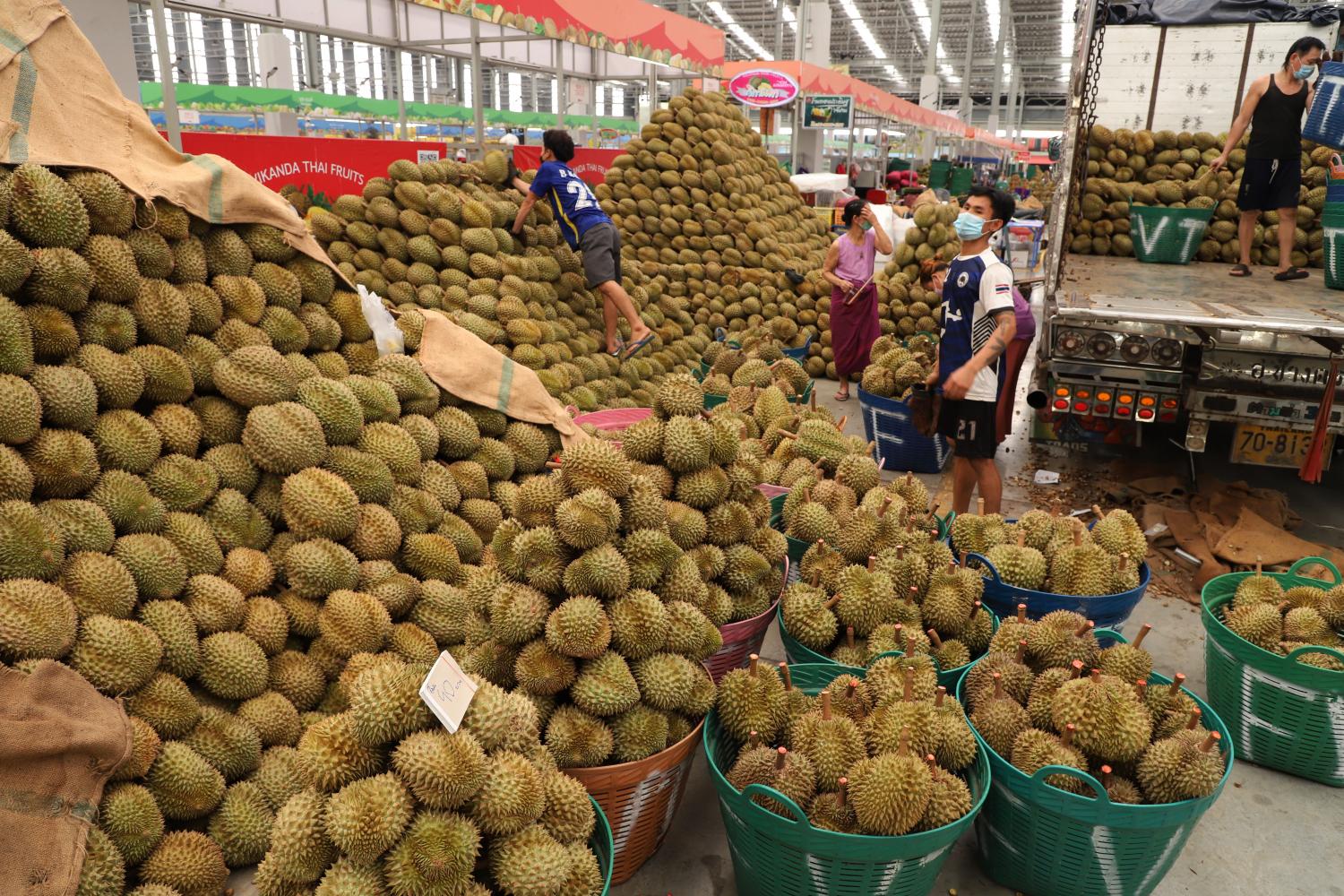
Thai food exports are expected to grow by 5% this year after robust growth of 26% in the first quarter, driven by the Russia-Ukraine conflict and mounting concerns about food shortages in many countries.
Visit Limlurcha, honorary president of the Thai Food Processors Association, said the war triggered growing concerns about food security in many countries, leading importers to accelerate food shipments to avoid a shortage.
"As one of the world's largest food exporters, Thailand benefited from the war. Food exports generated 324 billion baht in the first quarter," said Mr Visit.
The baht's weakness was another key driver of food exports in the first quarter, he said.
Of the total, industrial food products made up 187 billion baht, up 40.5% year-on-year, while agricultural food products accounted for 138 billion, a gain of 10%.
The top 10 products for export growth were: fats and edible oils from plants and animals; sugar and molasses; grains; corn; meat and other edible animal parts; squid; pet food; rice; fish; and food seasonings.
The top 10 food import markets were Asean, China, Japan, the US, South Korea, Australia, the UK, India, the Netherlands and Taiwan.
Most food product exports increased in the first quarter except fresh, chilled and frozen fruit and dried fruit, which plunged by 13% year-on-year because China's zero-Covid policy resulted in the closure of many key border checkpoints.
Mr Visit predicted food export growth of 5% this year to 1.1 trillion baht. The growth would be driven by a gradual economic recovery and increasing economic activities among trading partners, he said. Myriad risk factors remain, such as Covid-19 containment measures and the war hindering food supply chains and hiking energy prices, agricultural raw material costs, and transport and packaging costs.







